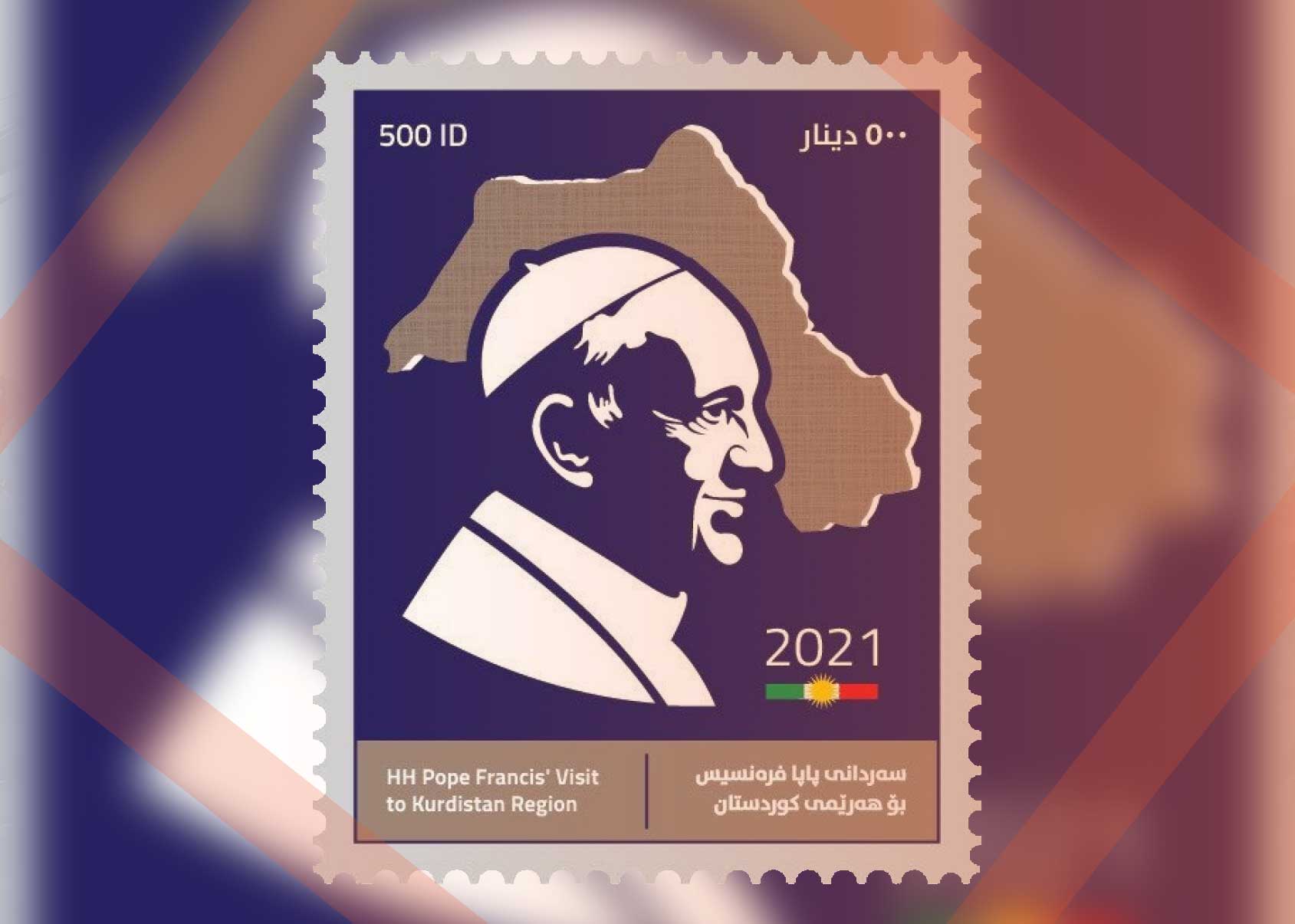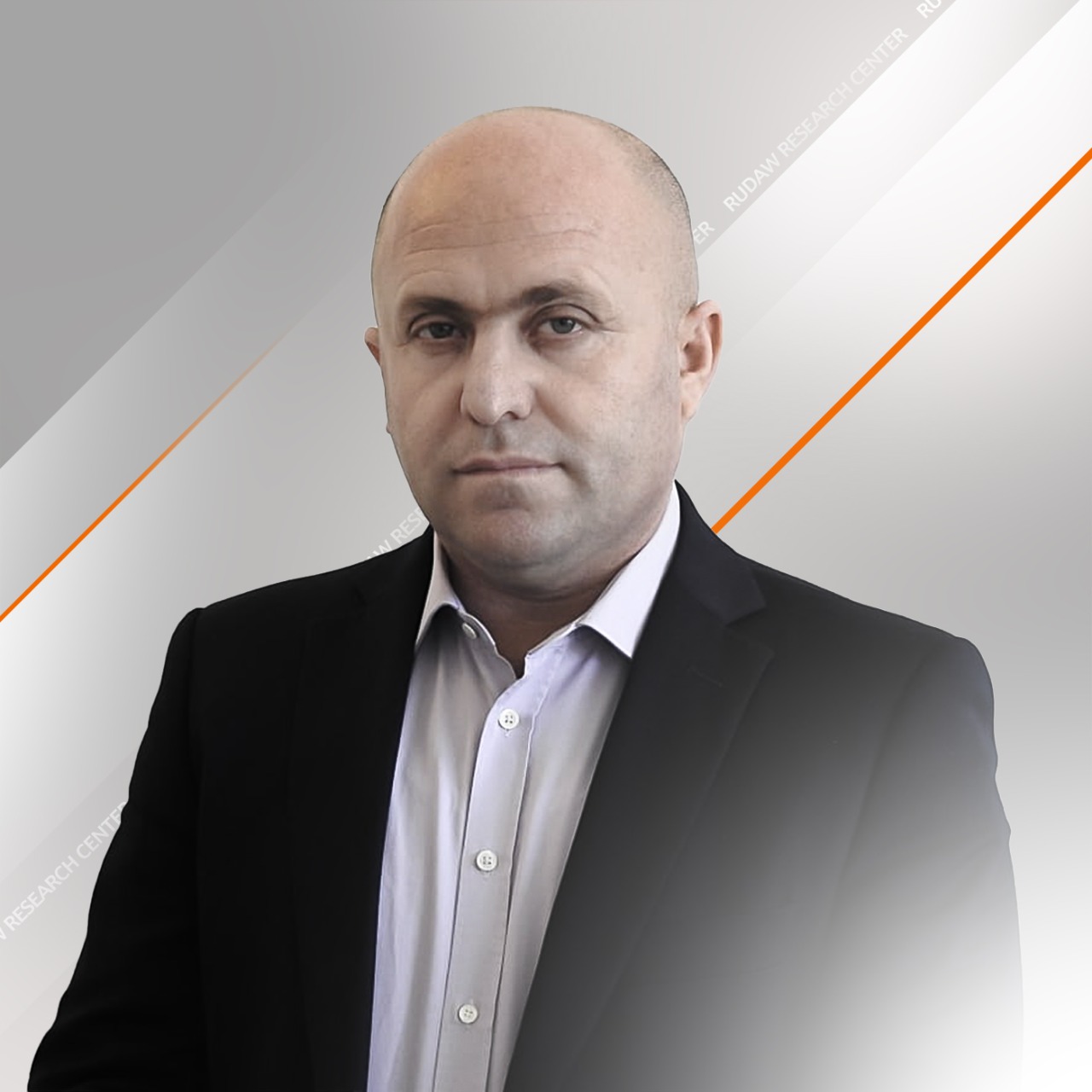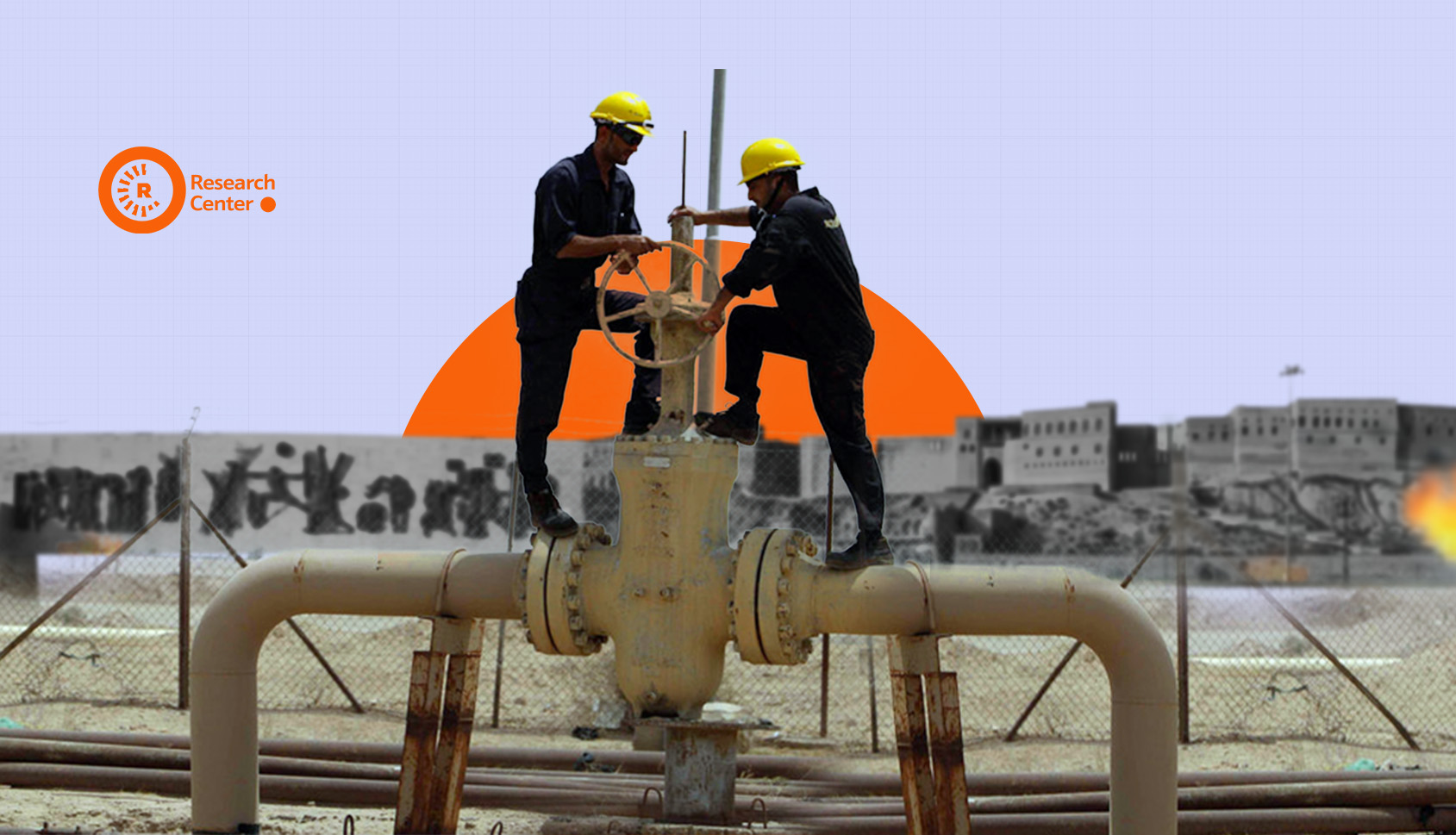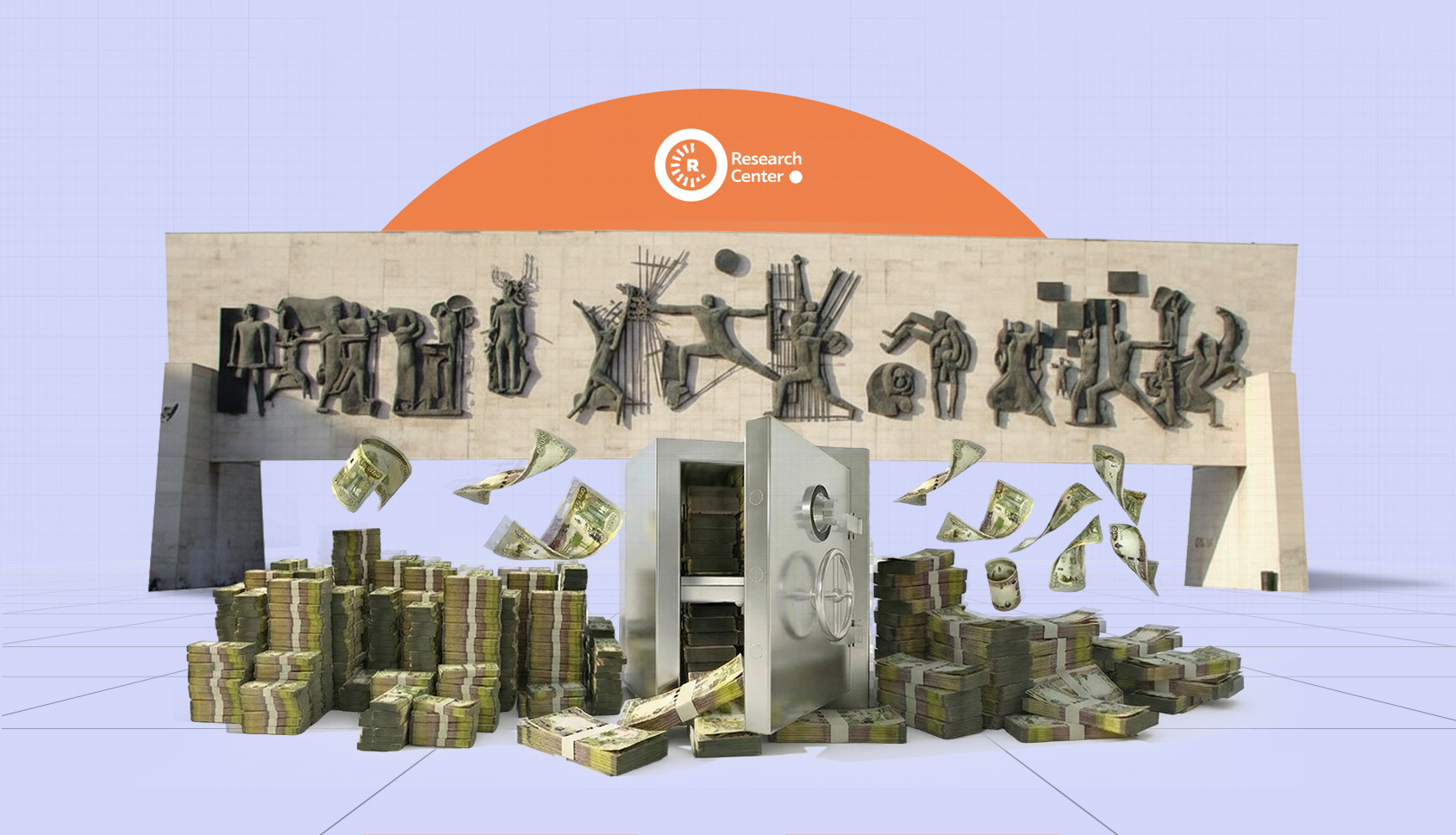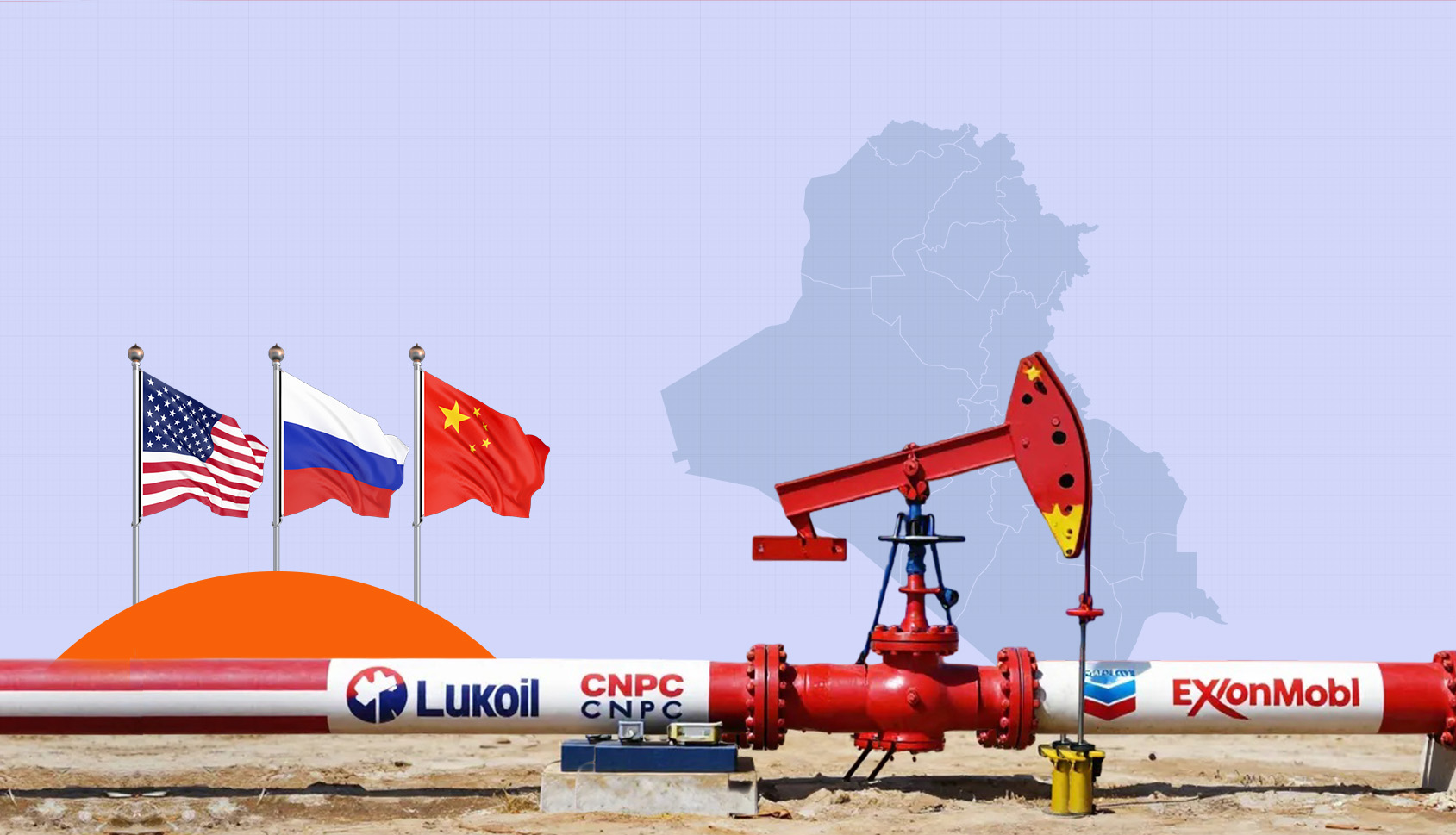Overview
Turkey and Iran have expressed strong objections to a commemorative coin displayed during the Pope's visit to the Kurdistan Region, calling it a "big mistake" and an "unfriendly act," demanding its retraction. The coin features a map of Greater Kurdistan behind the Pope's head, which Turkey and Iran interpreted as an expression of the Kurdistan Region's territorial ambitions over parts of their countries. In 2017, Turkey, Iran, and Iraq suppressed the Kurdistan Region's referendum, denying the Kurds the basic right to determine their own future. However, officials in both Ankara and Tehran are well aware that there is no active political project to establish a Greater Kurdistan. So, what explains their strong reaction to this symbolic gesture?
Turkey's Condemnation and Domestic Politics
In addition to the Turkish state's traditional sensitivity toward issues of Kurdish nationalism, this particular condemnation seems to have a stronger domestic dimension than the actual significance of the coin featuring the Pope. The Turkish Foreign Ministry's criticism followed remarks by Ömer Çelik, spokesperson for the ruling Justice and Development Party (AKP). Having held power for nearly two decades, the AKP now faces waning public support. Nationalist voters represent Erdogan’s last significant base of support, leading him to increasingly align his rhetoric and policies with their preferences. Meanwhile, parts of the opposition, aware of the domestic motivations behind this stance, intend to leverage the issue to politically pressure Erdogan.
Two major political parties have broken away from the AKP, aiming to attract its Islamist voter base, which, according to polls, could result in the AKP losing 5%-6% of its vote share. The AKP recently suffered defeats in municipal elections in several key cities, and its efforts to prevent Kurdish votes from supporting the opposition coalition—comprising the Republican People's Party (CHP) and the Good Party (İYİ), with the Peoples' Democratic Party (HDP) as an unofficial ally—have been largely unsuccessful.
Current polls indicate that the AKP's coalition with the Nationalist Movement Party (MHP) is losing voter support and may not achieve the same results in a hypothetical election. Even President Erdoğan may struggle to secure 50+1 percent to retain his office if these polls prove accurate. More concerning for the coalition, some polls suggest that MHP could fall below the 10 percent electoral threshold. In response, the AKP appears focused on dividing its opposition. This includes the potential official split of Muharrem İnce from the CHP, attempts to bring a faction of the Saadet Party into their coalition, or even a hypothetical defection from the HDP. Additionally, the AKP is working to pressure Meral Akşener’s Good Party into joining their "People's Coalition" (the AKP-MHP alliance) or, at the very least, distancing it from the CHP. Achieving this requires the use of a strong nationalist narrative.
Although there is no official discussion of early elections, Turkey's political climate suggests a shift toward electoral preparations. According to Turkish law, a political party must have local branches in at least 41 provinces and hold provincial congresses to participate in elections. If these criteria are met, the party must wait at least six months before being eligible to run. Based on this timeline, Ahmet Davutoğlu’s Future Party (Gelecek Partisi, GP) would be eligible to participate in May, and Ali Babacan's Democracy and Progress Party (DEVA) from June. However, in late January, the Supreme Election Commission announced that 17 parties qualified to participate, excluding both Babacan's and Davutoğlu's parties.[i] This has fueled speculation that the AKP may push for early parliamentary elections before June to prevent Babacan’s DEVA, expected to draw votes away from the AKP, from participating. Should early elections take place, Erdoğan is likely to lean heavily on a nationalist-Islamist narrative, which would serve his interests more effectively than any other discourse.
Iran's protests against the Pope's Or Coin's
Iran's protests against the Pope's coin can be viewed as part of its broader strategy toward Iraq and its growing alignment with Turkey, particularly following remarks by Iraj Masjedi urging Ankara to withdraw its troops from Iraq. Unlike previous instances where Iran, like Turkey, directly addressed its concerns to the Kurdistan Region, this time Tehran raised its objection about the coin with the Iraqi government. This shift reflects Iran's general dissatisfaction with the Kadhimi administration, a sentiment that has intensified since the Pope visited Iraq. Using the coin issue as a pressure point against Baghdad aligns with Tehran's broader strategy of alienating itself from the Kadhimi government.
The Pope's visit to Iraq held particular importance for both the Shiites and the Kurds. Iraqi Prime Minister Mustafa al-Kadhimi has frequently referenced the "New Sham" project, with several Iraqi leaders supporting the notion that Iraq should take on a central role amid regional polarization and competing alliances. While maintaining neutrality may be challenging for Iraq, the Pope's visit reinforces Kadhimi's vision of the country as a place of convergence rather than conflict. This idea could garner international backing, a prospect that is not welcomed by Iran.
The Pope's visit has also reinforced Ayatollah Ali al-Sistani's position as the supreme marja’a for Shiites in Iraq. Internal rivalries among Shiite marja’as are not uncommon. In his memoir, Ali Akbar Hashemi Rafsanjani recalls that Sistani’s son-in-law voiced concerns over remarks made by Ahmad Jannati, a prominent Friday prayer leader in Tehran, and other senior Iranian officials, who suggested that Sistani's appointment as marja’a had been orchestrated by the British. Some of Sistani’s followers refer to him as "imam," a title that Iranian authorities reserve exclusively for Ali Khamenei. Likely, the Pope's visit did not sit well with the Iranian leadership, though the Najaf marja'a and Sistani were cautious not to antagonize Iran. Hence, in the official statement following the meeting with the Pope, references to "sanctions" and a "call for negotiations" with global powers were made, likely addressing some of Tehran's concerns. However, this careful diplomacy cannot conceal the deepening divide between the Najaf and Qom marja’as, or between Sistani and Khamenei, a rift that has widened since 2003.
On the eve of the Pope's visit, former Iranian Revolutionary Guards Commander Mohsen Rezaei stated that Iran would no longer spend on Iraq and Syria without seeing a return: “The economy is important to us. We cannot ensure security in Iraq and Syria while other countries benefit from their economies.”[ii] Although the Iranian Foreign Ministry later dismissed Rezaei's remarks as his personal opinion, Iranian President Hassan Rouhani urged Iraqi Prime Minister Mustafa al-Kadhimi to expedite the repayment of debts to Iran. Shortly after, Iranian Ambassador Iraj Masjedi met with Iraq's Finance Minister to discuss the issue. According to Iranian sources, Iraq owes approximately $5-6 billion for electricity and gas provided by Iran. Mazhar Mohammad Saleh, the economic adviser to Iraq’s prime minister, explained that the challenge lies in Iran's refusal to accept payment in Iraqi dinars, insisting on U.S. dollars, which the United States does not permit Iraq to transfer due to sanctions.[iii] Iran's eagerness to recover these debts stems in part from its dire economic situation, as Tehran’s hopes for relief from the Biden administration have not been realized. Rezaei's comments likely reflect the broader sentiments of Iranian officials toward Iraq and Kadhimi’s government, revealing their desire for a faster financial return.
In 2016, the Turkish president declared, “Go and look at history, Mosul belonged to us,” while Iranian President Hassan Rouhani's advisor Ali Younesi stated, “Baghdad is our capital.” These remarks highlight the expansionist ambitions embedded in the political projects of both Iran and Turkey in the region. In contrast, the Pope’s visit carries no such political agenda. The Kurdistan Region, preoccupied with its own financial and economic struggles and wary of Baghdad’s attempts to undermine it, lacks both the capacity and the interest in pursuing the idea of a greater Kurdistan. Turkey’s criticism of the Kurdistan Region appears aimed at rallying nationalist support domestically, while Iran’s rebuke of Iraq’s Foreign Ministry seems more focused on undermining the Kurdish foreign minister and Prime Minister Mustafa al-Kadhimi’s government.
Endnote
[i] -https://www.cumhuriyet.com.tr/haber/ysk-secime-girme-yeterliligine-sahip-17-partiyi-acikladi-1809062
[ii] – /https://www.irna.ir/news/84255186
[iii] https://mdeast.news/2021/03/09/%d8%a7%d9%85%d9%88%d8%a7%d9%84-%d8%a7%db%8c%d8%b1%d8%a7%d9%86-%d8%af%d8%b1-%d8%ad%d8%b3%d8%a7%d8%a8-%d9%87%d8%a7%db%8c-%d8%b9%d8%b1%d8%a7%d9%82-%da%86%d9%82%d8%af%d8%b1-%d8%a7%d8%b3%d8%aa-%d9%88/

